0 results for 'Abelman Frayne And Schwab'





View more book results for the query "Abelman Frayne And Schwab"
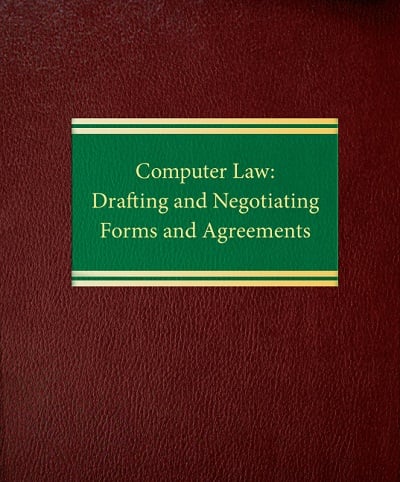





Trending Stories
- 1$20M and Still Going: Is Partner Pay a Bubble?
- 2Usha Vance Leaves Munger Tolles as Trump Picks JD Vance for Running Mate
- 3The Law Firm Disrupted: More Choices for Lawyers Sick of the Office
- 4Biden Will Be First Lawyer-President Without a JD From the 'T-14' in a Century
- 5Ossoff Becomes First Judiciary Cmte. Democrat to Reject Biden Judicial Choice
Featured Firms
Law Offices of Gary Martin Hays & Associates, P.C.
(470) 294-1674
Law Offices of Mark E. Salomone
(857) 444-6468
Smith & Hassler
(713) 739-1250
More from ALM
- Morgan & Morgan Class Action Attorneys Detail Pathway to Success Within Cybersecurity and Data Privacy Practice 1 minute read
- Holwell Shuster & Goldberg Partners Leverage 'Hostile' Witnesses to Secure $101 Million Verdict Against Walmart 1 minute read
- Legal Speak at General Counsel Conference Midwest 2024: Mike Andolina, Partner, White & Case 1 minute read
Resources
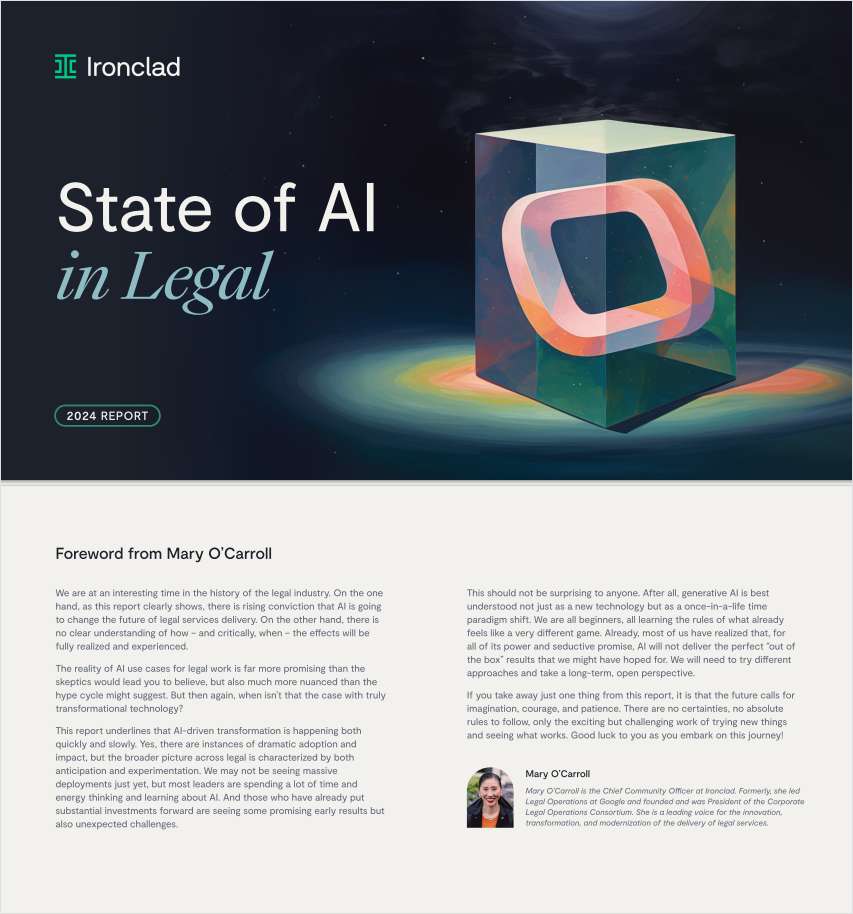
2024 Report: State of AI in Legal
Brought to you by Ironclad
Download Now
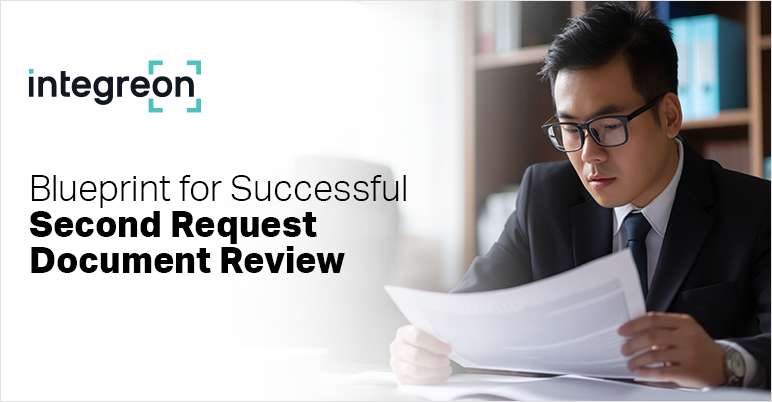
Blueprint for Successful Second Request Document Review
Brought to you by Integreon
Download Now
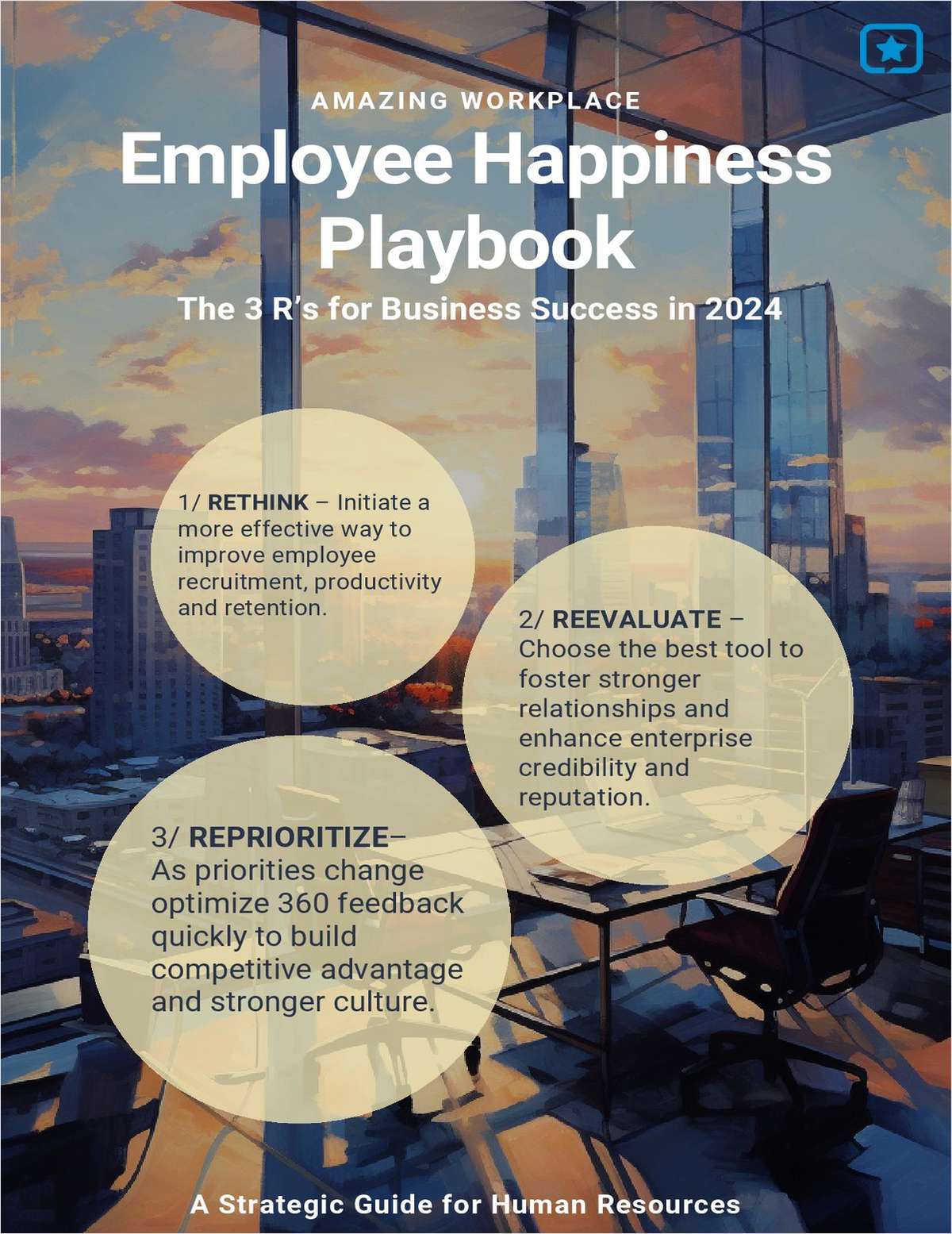
Employee Happiness Playbook: The 3 R's for Business Success in 2024
Brought to you by Amazing Workplace, Inc.
Download Now
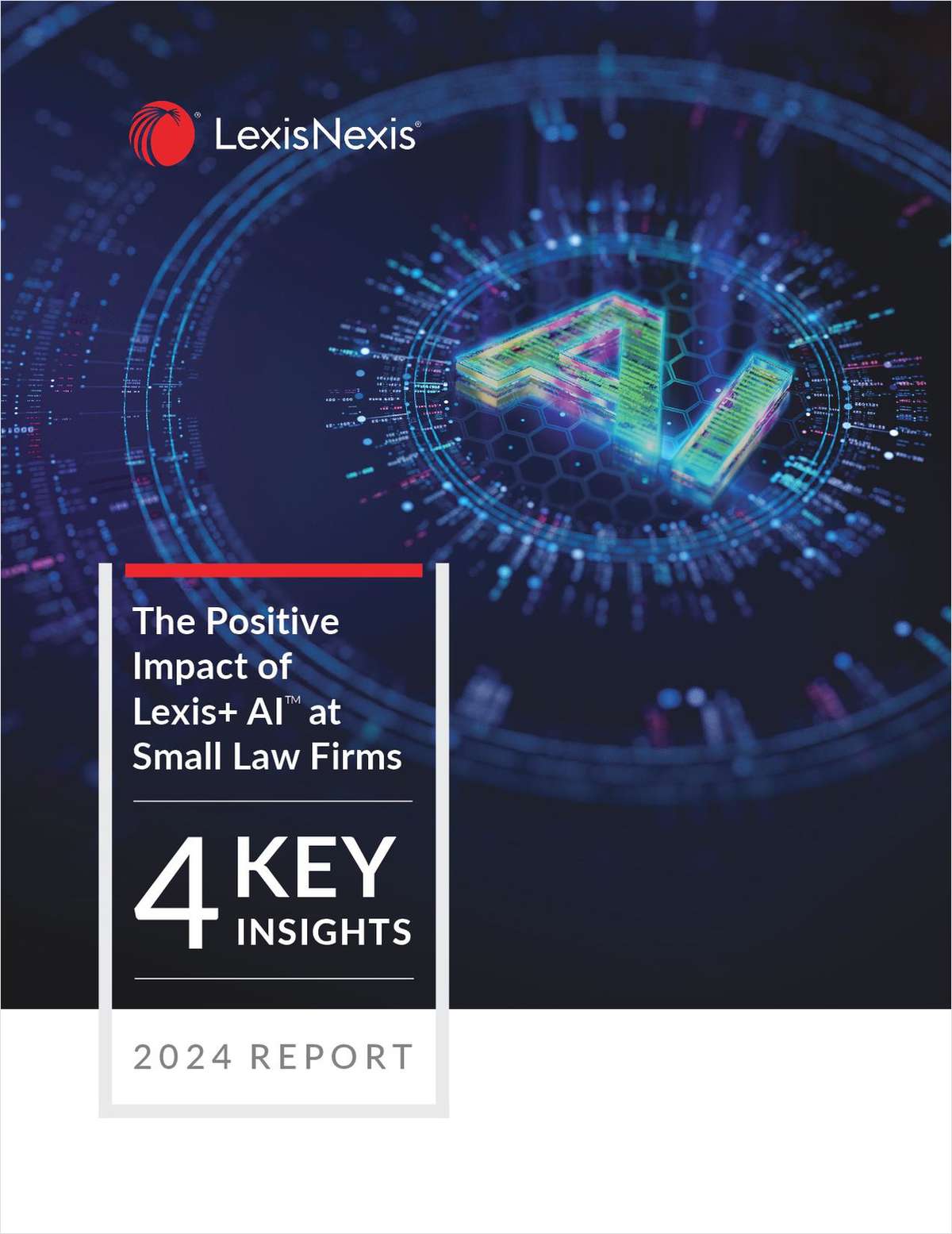
The Positive Impact of AI at Small Law Firms: 4 Key Insights
Brought to you by LexisNexis®
Download Now



